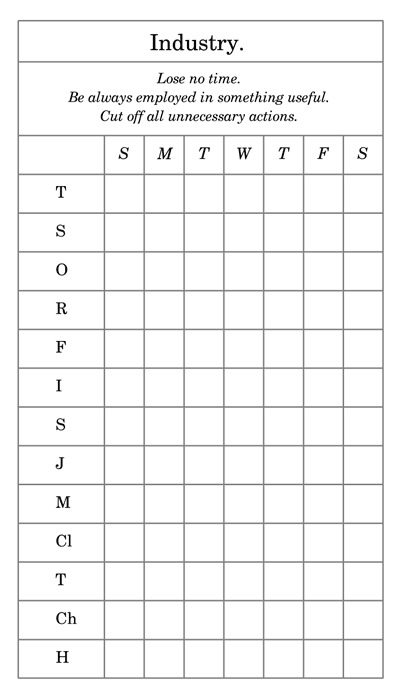In sikhism, the number five keeps coming up. There were apparently five rivers in Punjab. So there are five thieves, or sins or evils:
1. lust
2. rage
3. greed
4. attachment
5. conceit
There are also five virtues:
1. truth
2. compassion
3. contentment
4. humility
5. love
Moses brought down ten commandments for the Israelites from Mt. Sinai.
1. Have no other gods but one
2. Do not make or worship idols.
3. Don't swear
4. Keep the seventh day holy
5. Honour your mother and father
6. Do not murder
7. Do not be an adulterer
8. Do not steal
9. Do not lie
10. Do not covet (be jealous)
Catholics divide sins into unforgivable (mortal) and forgivable (venial) sins.
These are the seven deadly sins:
1. Pride
2. Envy
3. Gluttony
4. Lust
5. Wrath
6. Greed
7. Sloth
The Seven Virtues (4 from Greek philosophy, 3 from Paul's Ephesian theology) :
1. Prudence
2. Justice
3. Temperance
4. Courage
5. Faith
6. Hope
7. Love
In my daughter's school, there is a poster with the ten commandments of native americans. I am not clear on the origin, but I do like the sentiments:
1. Treat the earth, and its contents, with respect.
2. Stay close to the Great Spirit.
3. Respect yourself and others.
4. Work together for all mankind.
5. Help and be kind.
6. Do what is right (without self-righteousness).
7. Look after the well being of your spirit and body.
8. Work towards the greater good.
9. Be truthful and honest.
10. Take responsibility for your actions.
Benjamin Franklin had 13 virtues, set at the age of 20 to attain moral perfection:
Temperance. Eat not to dullness; drink not to elevation.
Silence. Speak not but what may benefit others or yourself; avoid trifling conversation.
Order. Let all your things have their places; let each part of your business have its time.
Resolution. Resolve to perform what you ought; perform without fail what your resolve.
Frugality. Make no expense but to do good to others or yourself; i.e., waste nothing.
Industry. Lose no time; be always employ'd in something useful; cut off all unnecessary actions.
Sincerity. Use no hurtful deceit; think innocently and justly, and, if you speak, speak accordingly.
Justice. Wrong none by doing injuries, or omitting the benefits that are your duty.
Moderation. Avoid extremes; forbear resenting injuries so much as you think they deserve.
Cleanliness. Tolerate no uncleanliness in body, clothes, or habitation.
Tranquility. Be not disturbed at trifles, or at accidents common or unavoidable.
Chastity. Rarely use venery but for health or offspring, never to dullness, weakness, or the injury of your own or another's peace or reputation.
Humility. Imitate Jesus and Socrates
This is his daily chart to follow. Each evening, review your day and give yourself a mark if you transgressed the virtue.

Cicero's Four Cardinal Virtues
The perception and intelligent development of truth.
The preservation of civil society, with the faithful rendering to everyone what he is properly owed.
The greatness and power of a noble and unconquerable spirit.
In the order and moderation of things which consist of temperance and self-control.
No comments:
Post a Comment